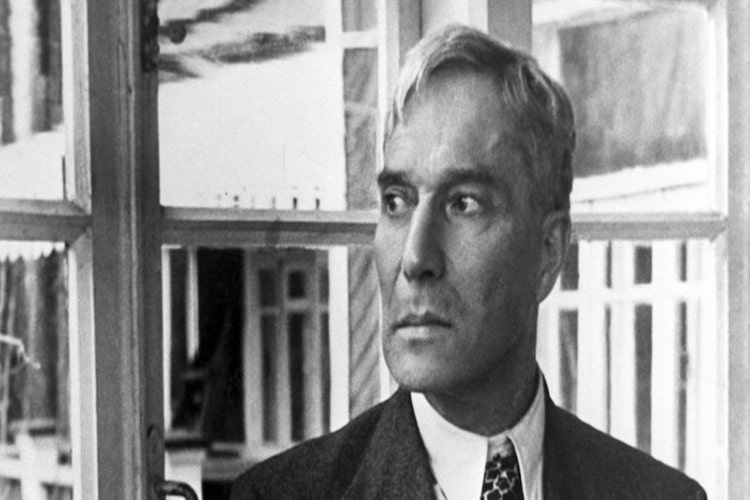Unmasking a Legend: The Story of Boris Pasternak

Boris Pasternak (10 February 1890 – 30 May 1960) was a Russian poet, novelist, composer and literary translator. He is best known for his novel “Doctor Zhivago,” which was published in 1957.
Life and Career
He was born on 10 February 1890 in Moscow, Russia. Pasternak was a highly acclaimed poet in Russia before he became a novelist. He published several collections of poems in the early 20th century, including “Twin in the Clouds” (1914) and “Over the Barriers” (1917). His work was heavily influenced by the Russian Revolution of 1917 and the subsequent Civil War, and he became known for his powerful and evocative depictions of the political and social upheaval of the time.
In 1957, Pasternak’s novel “Doctor Zhivago” was published in Italy, where it quickly gained widespread popularity and was translated into numerous languages. The novel was a sweeping epic about the life of a Russian physician and poet named Yuri Zhivago and his experiences during the Russian Revolution and the subsequent Soviet era. The novel was seen as a critique of Soviet society and was banned in the Soviet Union, but it was widely read in the West and became a cultural sensation.
Pasternak was awarded the Nobel Prize in Literature in 1958, but he was forced to decline it under pressure from the Soviet government, which was incensed by the novel’s critical portrayal of Soviet society. The novel’s publication and Pasternak’s receipt of the Nobel Prize made him a symbol of resistance to Soviet censorship and control, and he became an internationally celebrated figure.
Despite the controversy surrounding “Doctor Zhivago,” Pasternak continued to write poetry and translate works from other languages. He died on 30 May 1960, in Peredelkino, Russia, at the age of 70. Today, Boris Pasternak is remembered as one of the greatest writers of the 20th century, and “Doctor Zhivago” is widely considered to be one of the great novels of the 20th century. His legacy continues to inspire writers, artists, and political activists around the world.
Award and Legacy
Boris Pasternak is most famous for being awarded the Nobel Prize in Literature in 1958 for his novel “Doctor Zhivago.” The award was seen as a recognition of Pasternak’s exceptional literary talent and his contributions to the field of literature, but it also brought significant controversy.
Due to the novel’s critical portrayal of Soviet society and its government, the Soviet authorities pressured Pasternak to decline the award, which he did in a letter to the Swedish Academy. Despite this, Pasternak’s Nobel Prize helped to bring worldwide attention to the problem of Soviet censorship and the struggle for freedom of expression in the Soviet Union.
Pasternak’s legacy continues to be felt in the literary world, where he is remembered as a great poet and novelist whose work was shaped by the political and social events of his time. “Doctor Zhivago” remains one of the most widely read and beloved novels of the 20th century, and Pasternak’s other works of poetry and translation continue to be celebrated for their elegance and insight.
In addition to his literary contributions, Pasternak is remembered for his courage and commitment to freedom of expression. He stood up to the Soviet authorities in the face of great pressure and refused to compromise his artistic vision, even in the face of serious consequences. His legacy continues to inspire writers and artists around the world who strive to create works of art that challenge societal norms and push the boundaries of what is acceptable.
On 10 February 2021, Google Doodle celebrated Boris Pasternak’s 131st birthday.
Observer Voice is the one stop site for National, International news, Sports, Editor’s Choice, Art/culture contents, Quotes and much more. We also cover historical contents. Historical contents includes World History, Indian History, and what happened today. The website also covers Entertainment across the India and World.

